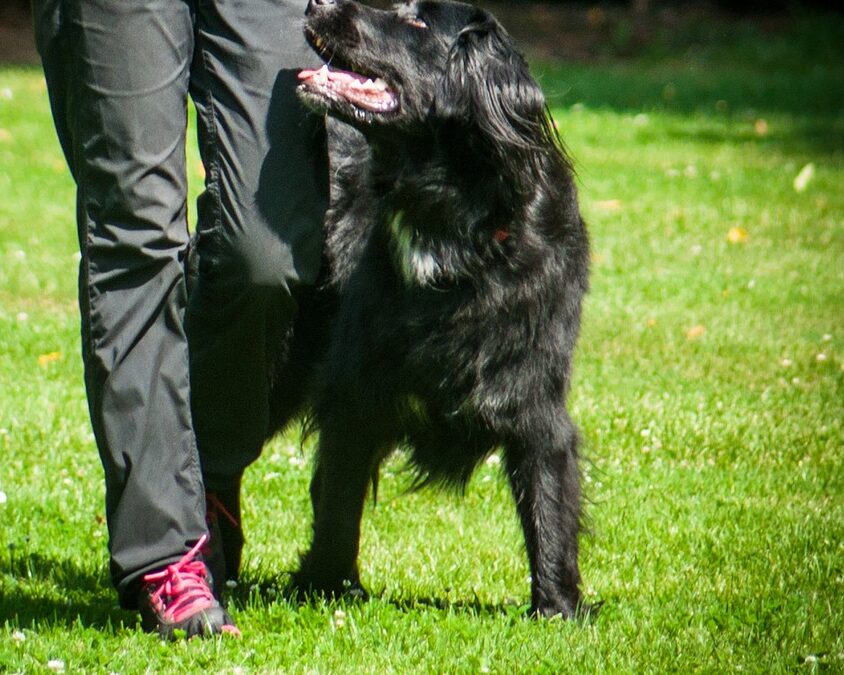Reisner, I. I. (2014). MOVING BEYOND “LEADER OF THE PACK” Changing Dog Behavior Using Science Instead of Myth. Today’s Veterinary Practice. Retrieved January 2, 2023, from https://todaysveterinarypractice.com/ Continue Reading Moving Beyond “Leader of the Pack”
Dog Training by Kikopup. (2009, April 30). How to train your dog not to bark- episode 1 – barking at noises. YouTube. Retrieved January 6, 2023, from https://www.youtube.com/watch?v=Jp_l9C1yT1g Continue Reading How to Train Your Dog Not to Bark: Episode 1 – Barking at Noises
The Academy of Veterinary Behavior Technicians (AVBT).(n.d.). Retrieved December 12, 2021 from https://avbt.net/ Continue Reading The Academy of Veterinary Behavior Technicians
The American Veterinary Society of Animal Behavior (AVSAB) is concerned about the propensity of various communities’ reliance on breed-specific legislation as a tool to decrease the risk and incidence of dog bites to humans. The AVSAB’s position is that such legislation—often called breed-specific legislation (BSL)−is ineffective, and can lead to a false sense of community safety as well as welfare concerns for dogs identified (often incorrectly) as belonging to specific breeds. Continue Reading Breed Specific Legislation Position Statement
Casey, R.A., Loftus, B., Bolster, C., Richards, G.J., and Blackwell, E.J. (2014). Human directed aggression in domestic dogs (Canis familiaris): Occurrence in different contexts and risk factors. Problem Behavior Recognition Continue Reading Human Directed Aggression in Domestic Dogs (Canis Familiaris): Occurrence in Different Contexts and Risk Factors
Bradshaw, J.W.S., McPherson, J.A., Casey, R.A., and Larter, I.S. (2002). Aetiology of separation-related behavior in domestic dogs. Problem Behavior Recognition Continue Reading Aetiology of Separation-Related Behavior in Domestic Dogs





